Developing More Than a Script
The Farm Theater’s College Collaboration Project
“Yik Yak blew up after the show. Everyone in the audience felt like they were part of the play. You didn’t have to be into theater to get it. Everyone could relate to it,” Natalyn Baiden, Ashland University student, said, explaining the success of The Farm Theater’s College Collaboration Play, In the Event of My Death. “It’s honest. It’s on stage. And it said, ‘here I am’.”
The College Collaboration Project commissions a playwright to write a play which three colleges will independently produce throughout an academic year. The playwright is in contact with each of the schools and is invited to rewrite during rehearsals and after each production. The participating schools this year were Ashland University in Ohio, Centre College in Kentucky, and Clark University in Massachusetts.
The impetus for the project is to create an opportunity for an early career playwright to develop their craft, strengthen their artistic voice, and give them the foundation to take the next step in their career. Colleges are the ideal producing partners for the project because it isn’t a rolling premiere; it is a three-production development process. As Ray Munro, director of Clark University’s production, said “University theaters' priorities should be to do good work that won’t get done anywhere else and to serve as a research facility to develop new works.” I also believe the project is important training for the students because a majority of the work that early career theatre artists work on are new plays. The students will learn about the process of bringing new work to life, learn their craft, and connect with working professionals.
The value to the students exceeded all expectations.
The requirements for the script were that it be a minimum of eighty-five minutes and contain at least five characters that are thirty years old or younger. The number of roles would ensure plenty of opportunities for student involvement. The age range was important because undergraduate actors should have the opportunity to play roles close to their age.
I was able to see why Becky was the way she was. This helped me improve myself. Consistently, I would leave rehearsal feeling better not only about my work, but more confident as a person.
The first step in the process was for The Farm Theater to set up conversations between the playwright and a handful of students from each of the schools. This year’s playwright, Lindsay Joy, wanted to explore how social media effects how we live our lives differently today. The goal of the initial conversation was to allow the playwright to hear the voice of the generation of characters she was writing and to learn about the world in which they are living. It is mainly a conversation for research purposes. She was not being asked to write a play for these particular students, but she was certainly welcome to find inspiration in the dialogue.
After the initial conversation, some students continued to share with her via Facebook and email. Their input shaped the inciting incident of the play, which is a group of friends from high school gathering after the funeral of a friend that committed suicide. The group learns that their friend struggled with many issues, including his sexuality. The play explores multiple themes, including: sexual identity, addiction, secrets, and the ability to fully share who we are in a world of social media.
When the first draft of the script was sent out to the schools, the immediate response from each of the faculties was that they were excited because the play reflected the students of their campus and it was confronting things that needed to be addressed. There also was a lot of conversation about whether a character of the current college age generation would commit suicide because of sexual identity. The students in the productions did not seem to question it at all. They recognized many of the issues in the play and felt an immediate connection to the characters and the situation.
The production team at Ashland set up a Facebook page to share their experience of the rehearsal process. At first they were sharing external things about their characters: hair color, types of jobs they had, etc. As the weeks went on the posts became much more personal. Eryn Trammel, Ashland student, posted: “Becky is me in many ways. We don't play games. We also want nothing more than to just be loved. Sometimes this comes off as clingy but it comes from love. My biggest fear is abandonment; so is Becky's. We also are both making an effort to become more selfless.”
This was the kind of connection I hoped would happen between character and actor. It was a perfect example of the value of the students being able to play people close to their own age. Each of the students had a similar bond with the character they played.
One aspect I didn’t count on was the reach the program would have on each of the campuses. During Ashland’s rehearsal process, the school’s journalism department collaborated with the theatre department and the production was featured in articles on the front page, radio station interviews, and the campus TV station did their first live broadcast of a play. The school recognized the value of the project for their students.
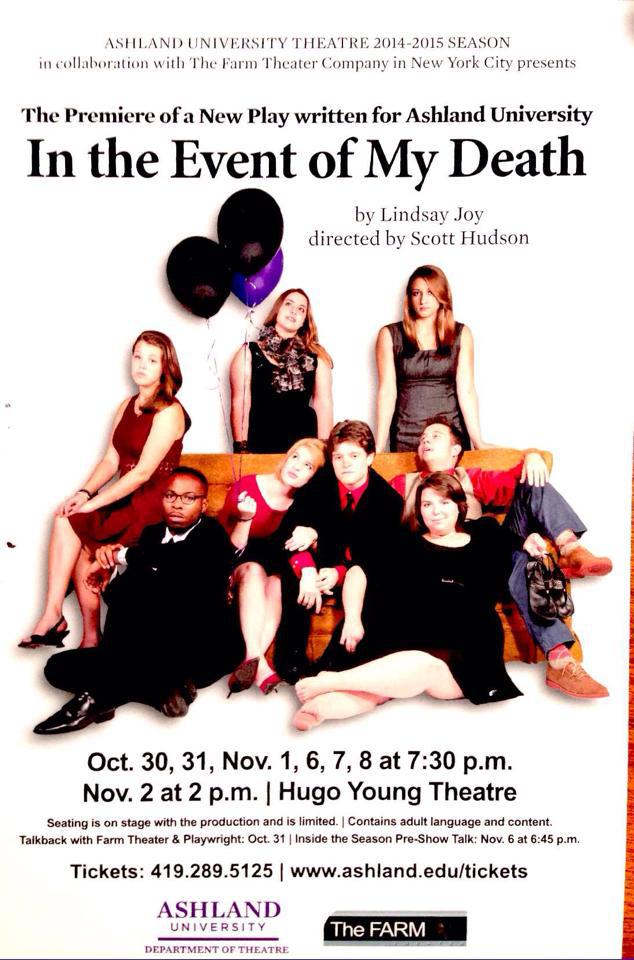
Photo courtesy of Ashland University Department of Theater.
Four months after the show, the paper did a follow-up story on the project. Many of the students shared that by working on characters close to their own personal experiences they were able to learn about themselves. Eryn said, “I was able to see why Becky was the way she was. This helped me improve myself. Consistently, I would leave rehearsal feeling better not only about my work, but more confident as a person.” De’Andre Peterson’s character, who was in a relationship with the character that committed suicide, said, “Trevor lost so much and now wants to speak up. That made this a personal journey. I normally hide the emotions needed to tell Trevor’s story in front of strangers, but I just keep reminding myself of how important this story is to tell.”
Talking with the cast at Ashland after the first performance, I was struck by each student’s strong interest in who was going to play the role next. They were anxious to know what the actor would learn about the character. Also, it was vital that the next actor care about their character as deeply as they had. Each cast became fascinated with the details of the next production. It wasn’t competitive. And it wasn’t simply the ownership that comes with originating a role. There was a part of them that was in the play and they wanted to make sure it was being honored.
The playwright was in residence at Centre College for a few days during the rehearsal process. I heard from Jordan Aikin, the assistant stage manager, “Seeing Lindsay and Patrick (Kagan-Moore, the director) hash out ideas that had been giving both of them trouble was helpful for everyone and provided an experience most people don't get to have.” The students were not yaware of how important they were in the hashing out process. Yet.
One actor, Emily Nuthall, created a backstory for her character that explained why she would go along with pretending to be someone’s “girlfriend.” When the playwright chose to incorporate her idea as part of the character, Emily was thrilled. “I literally jumped for joy when I found out that this character was going to be queer in the play. There is not a chance that she could be played as straight, it’s part of her character and that means a lot to me.” Emily went on to explain, “I’ve always been asked to play older women, or men, or people I don’t generally identify with, and in this play I got to play a woman that is the same gender, general age, and sexual orientation of myself, not something I see in theatre very often, and being able to play that character and have that character on stage meant a lot for representational purposes.”
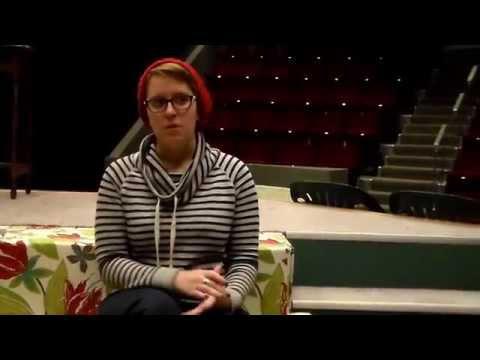
The students recognized the value of their contribution as they witnessed the evolution of the play. The representation of each of them and their world in the play was incredibly important and powerful.
The students recognized the value of their contribution as they witnessed the evolution of the play. The representation of each of them and their world in the play was incredibly important and powerful.
On opening night at Centre College, Lindsay and I walked with Matthew Hallock, the chairperson of the department and set designer, to the theatre. As we got closer we could hear a buzz in the hallway, and as we rounded the corner, we saw a long line of people waiting to get tickets. We were greeted inside the theatre by a surprised and smiling director. It was five minutes before the show was to start and eighty percent of the theatre’s 365 seats were filled, and a long line remained at the door. Matthew and Patrick assured us that this is not the norm for an opening night in their theatre. By the time the play started, audience members were sitting in the aisles and standing in the back row, and In the Event of My Death had set a record for attendance at a play.
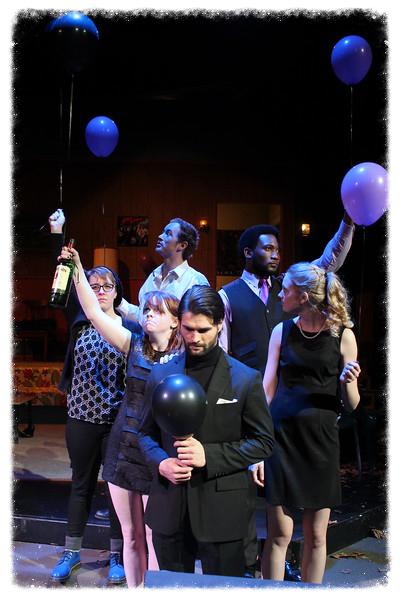
Photo courtesy of the Centre College Production.
The cast and the audience were both charged with an overwhelming enthusiasm about the play even before it started. Matthew pointed out one reason for the excitement was because, “there is an understanding that the play is being written by a playwright and with a theatre company from New York City and that it will continue to have a life well beyond this campus.”
The next day, I was backstage talking with students and met Chandler Garland, a sophomore, who was in charge of PR. I congratulated her on a job well done and asked what she did to get that kind of crowd. Her answer was, “I think there is a lot of excitement because everyone knows it is a new play, inspired by us, and we helped develop it.”
When I shared Chandler’s answer with Scott Hudson, the director at Ashland, where there were also multiple sold out performances, he said the enthusiasm made sense. “The students daringly shared of themselves in the process. And so not only are the experiences of the cast members from each school represented in the play, but their story, their honesty, is the story of their classmates. So in a way the entire campus is in the play.”
At one particular moment in the play a character explains why he brought the drug “Molly” with him, “it was either that or Adderall, and I figured no one had a term paper due, so… ” The audience roared with laughter. The students’ response let the parents, professors, and president of the college who were in attendance know, “yes, that happens here. We do that.”
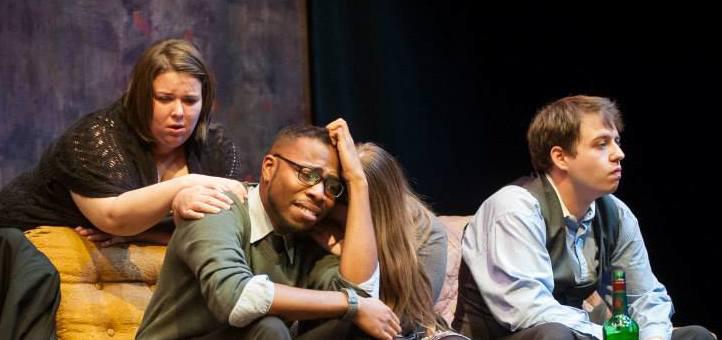
What Natalyn said about the production at Ashland was true in Kentucky as well, “It’s honest. It’s on stage. And it said, ‘here I am.’” A full house and an instantaneous standing ovation for both performances at Centre College was as much about the quality of the production as it was about the personal investment the students made in the play.
Lindsay went on to Clark where she could implement changes based on what she learned from the production in Kentucky. Or not. Centre College’s campus chaplain, Rick Axtell, saw the play twice. He shared some excellent thoughts about the script, including that one character that is deeply religious, would not use a certain curse word. Caraline Connor, a Clark student, who considers herself deeply religious and played that character, felt that in the circumstance it was justified and she would use it. The word stayed. The students were fully engaged as equal collaborators in the process.
My initial impulse for having the characters be close to the students’ age was to create roles that undergraduate actors could successfully play. Talking with the cast after the performance, Clark student Lillian Schley articulated a reason that was more valuable: “It may not appear that people our age are doing big and monumental things, but our stories are important; we matter.”
As the Artistic Director of The Farm Theater I am incredibly proud of the program we built. Engaging students in the fifteen-month, three-production development process gives them the opportunity to fully participate in the creation of a play. They are given a voice and able to see the power of their voice. The project is strengthening them as artists and it is also developing them as individuals.
Any schools interested in participating in the College Collaboration Project, email Artistic Director, [email protected]. Playwrights interested in being considered for the Project are encouraged to email The Farm Theater and keep us posted about your work.

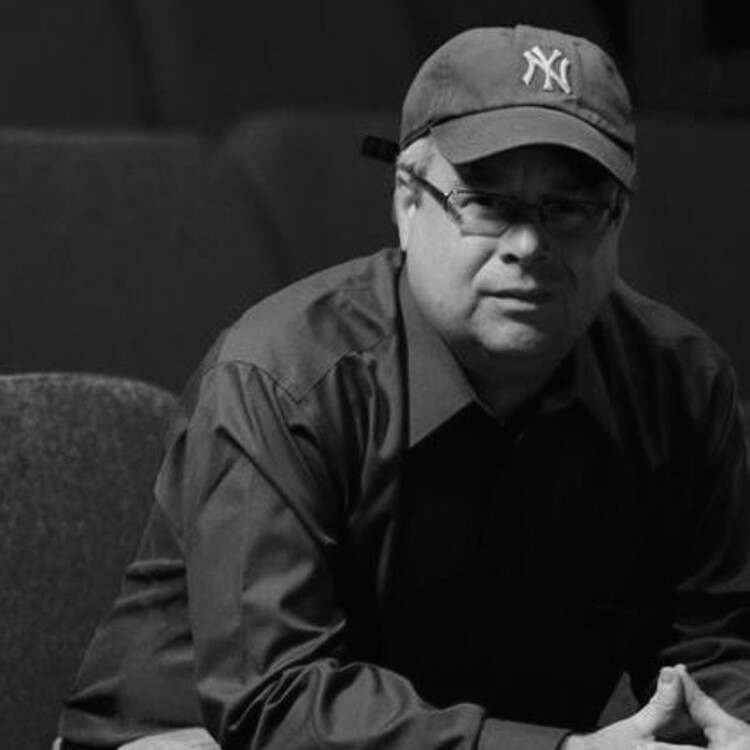
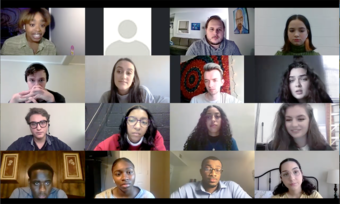


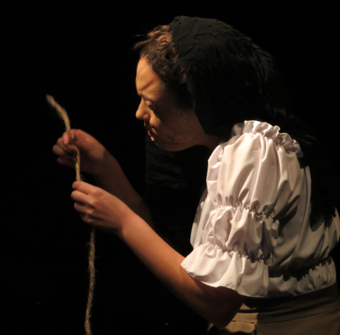

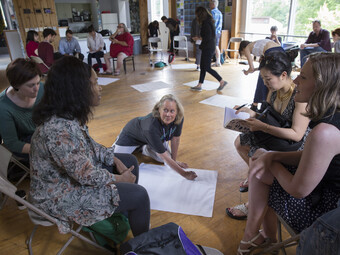

Comments
The article is just the start of the conversation—we want to know what you think about this subject, too! HowlRound is a space for knowledge-sharing, and we welcome spirited, thoughtful, and on-topic dialogue. Find our full comments policy here